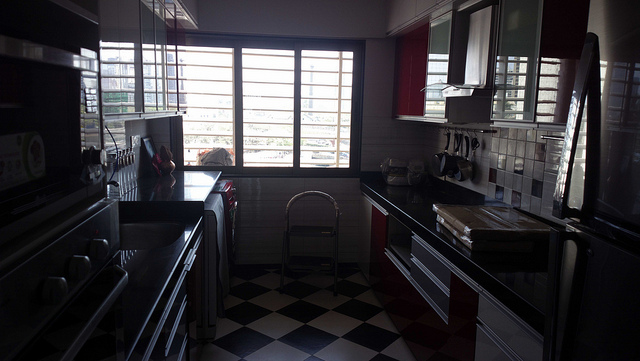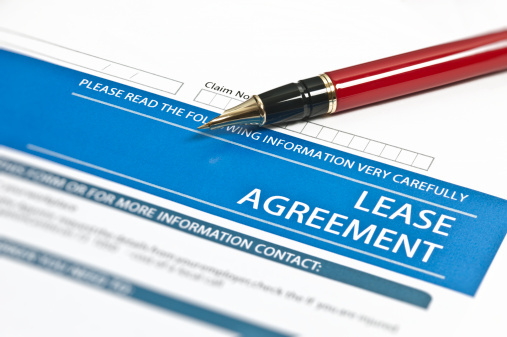If you’ve started looking into renters insurance you may have noticed a few caveats. One that can be puzzling is that there are monetary limits for individual items. It may seem like the item should be covered for the amount that you paid for it, but that isn’t always the case or even possible.
Keep reading for a rundown of how limits are determined for individual items.
Replacement Cost and Actual Cash Value
One of the biggest factors is how an item will be replaced. There are two options: replacement cost and actual cash value.
If you opt for actual cash value, which is usually the cheaper of the two options, the insurance company will pay a total of what the item is worth if it were to be sold at market value. In other words you will be limited to what its worth now – not what you paid for it or what current models cost.
Replacement cost, however, does provide coverage equivalent to what it would cost to buy a new item to replace the stolen or damaged one.
Depreciation of Items
Depreciation plays a significant factor in how much an item will be covered for. This is particularly true for an actual cash value policy. The item can go down in value over the life of the policy from the time its made to the time a claim is filed.
That means the amount you’ll be given for an item is based on the value at the time of the claim. Depreciation is also a factor when insurance companies determine maximum limits for individual items and categories (see below).
Coverage Can Fall Into Categories
Say you have $25,000 for total property coverage. That may seem adequate, but that $25,000 isn’t all encompassing. Sometimes the insurance company will group certain items into categories such as “jewelry” or “computers” and there will be limits for each category as well as individual limits for items in a category.
Typically the coverage limit for a category is far less than the total coverage amount on the policy. Another thing to keep in mind it that if you have multiple items in a category that all need to be replaced at once the category limit could affect the actual coverage for each one. For example, say you have 5 computers that have individual limits of $500 but the category limit is $2000. If they all need to be replaced at once the limit is $400 per item.
Below is a sampling of categories and higher priced items that tend of come with limits:
- Computers/Electronics
- Firearms
- Money
- Jewelry
- Furs
- Watercraft
- Furnishings
- Business property
Expensive items can vary greatly in price. Insurance companies have formulas to determine average replacement cost, which are used to determine limits for high-ticket items. These limits help them project how feasible it is to provide coverage for a certain premium amount.
How to Get Additional Coverage
If you have an expensive item that isn’t quite covered by a renters insurance policy there are ways to get additional coverage.
Scheduled Personal Property Endorsement – This is an additional agreement that enables you to purchase more coverage for a specific item. Usually it provides “all risk” coverage, which means it’s covered in all situations.
Optional Coverage – This is additional coverage than can increase the total limit for a category of items. It can also provide coverage for unique items that aren’t on the regular policy.
Insurance Rider – A rider is a backup to your standard policy, which provides additional coverage. There are numerous types of insurance riders including personal property and replacement cost riders.
Carefully go over all of the personal property coverage limits – total, category and individual – before deciding if a policy provides the right amount of coverage.
Image Source: flickr.com/photos/69564978@N06/8554509026/
Original Source: http://www.mybiginsurance.com/renters-insurance-1/individual-item-limits-determined-renter-insurance-policy





